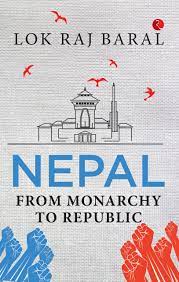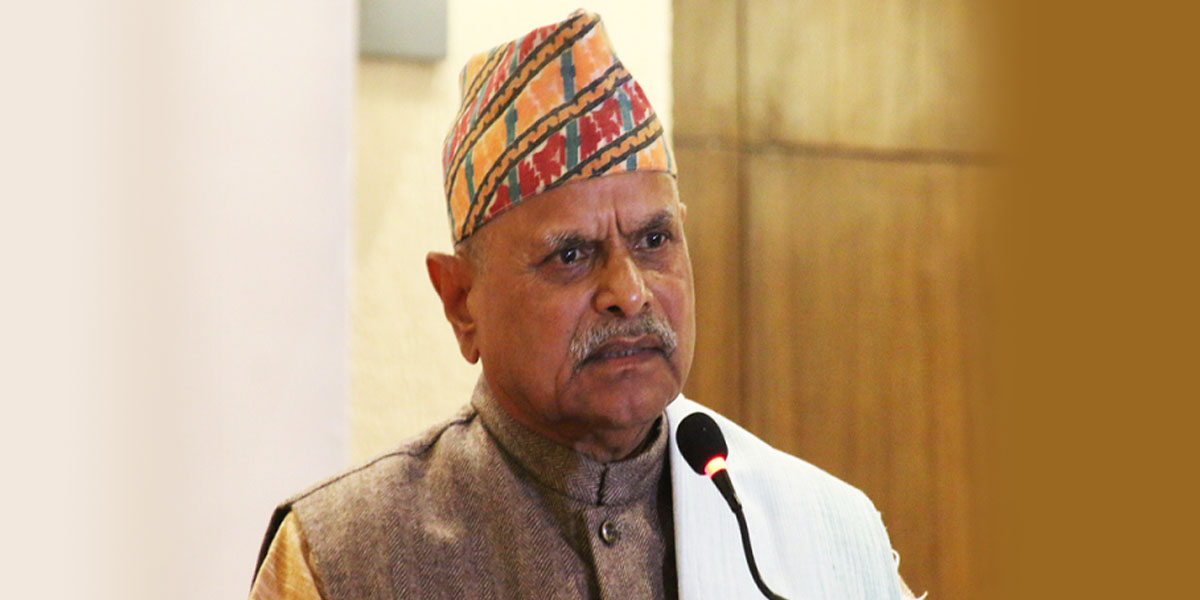Kathmandu: Nepal’s first President, Ram Baran Yadav, has commented on China’s Belt and Road Initiative (BRI) potentially creating uncertainty in Nepal. During the book launch event held in Kathmandu on Friday for the book titled “Nepal: From Monarchy to Republic” written by Professor Lokraj Baral, former President Yadav expressed his views. He stated, “Nepal’s Pokhara and Bhairahawa airports cannot operate. Where will BRI lead us?” He further added, “The Pokhara airport has a 2 percent interest rate; Bhairahawa and Pokhara airports are empty. BRI could bring uncertainty to Nepal.”

Former Prime Minister Baburam Bhattarai, present at the book launch, mentioned that it was wrong to say that during the armed conflict, Nepal started a war against India. He discussed that the problem was not resolved due to India’s non-acceptance of the “unequal” treaty signed in the past, and even the Communist Party leaders have failed to settle the issue through diplomatic means. The Maoists started a war; I did not initiate it, ‘Surung war’ (underground Tunel war) threatened India.”
Mohan Vaidya, a senior Maoist leader, said that ‘Surung war’ against India began in 2059 (BS). He stated, “We have seen a similar situation for 200 years. It has not improved since then.” He further added, “Challenging China is impossible; it does not provide any benefits. The talks broke down with China.”
He emphasized that he had presented the report to the Indian friend, but he did not understand. Hence, he prepared another report. He also mentioned that a proper track is needed for India-Nepal relations; otherwise, Nepal cannot prosper or maintain democracy. He shared that the Indian friends’ secularism was not in the Nepalese constitutional committee, and he had personally experienced it as the chairman of the committee. He said, “At that time, the Constitution Committee had to mediate with scientific and technical means, and the internal and external political forces converged. The strengthening of democracy has mainly focused on political parties’ leadership and their connection with the people.”
The book includes comments from Professor Krishna Khanal, political scientist Krishna Hachethu, Indra Adhikari, and Tulanarayan Sah, among others, offering a comprehensive and accurate presentation of Nepal’s political history, based on the author’s experiences in his academic and political life. Professor Baral wrote the book based on his experience in his academic and political life. The book focuses on the strengthening of democracy, internal and external forces converging, and constitutional development.




COMMENTS